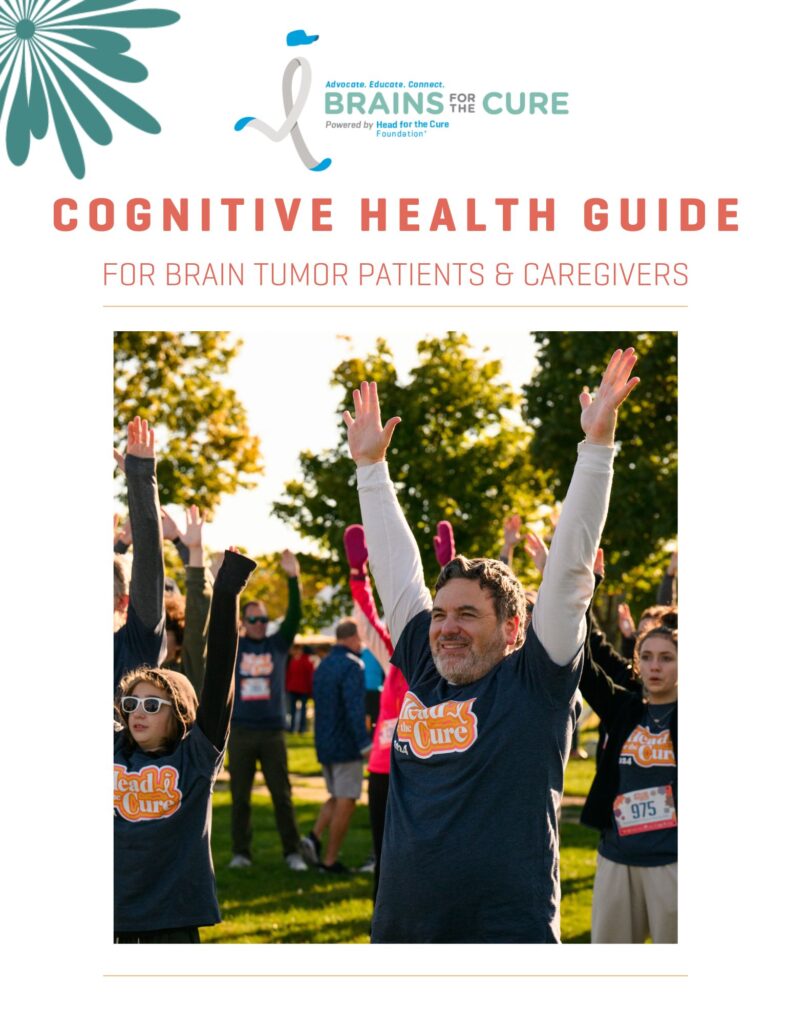
Occupational therapy (OT) helps brain tumor patients with the tasks they need or want to do to get through each day when faced with physical, cognitive, or emotional changes. OT takes a big-picture view of a person’s life, focusing on the areas that make daily activities difficult. For example, OT might include exercises to strengthen your upper body so that you can get dressed independently or lift your child. It can also help with cognitive skills like memory and attention, making it easier to keep track of appointments or manage a busy day.
OT can also provide education and training on adaptive equipment, like shower chairs or dressing hooks, to make everyday tasks safer and help you stay independent. Whether your goal is to be more comfortable at home or get back to work, OT is there to support you throughout your recovery, helping you maintain the quality of life that’s important to you.
Articles
- How Tumor Location Affects Brain Function
- Mindfulness Tools for Brain Tumor Survivors and Caregivers
- Memory and Attention Strategies for Brain Tumor Survivors
- The Importance of Staying Active After a Brain Tumor
- Navigating the Role of Caregiving
- Planning and Organization Strategies for Brain Tumor Survivors
- What is the Karnofsky Performance Status Scale?
- Seizure Preparedness and Management
- Problem-Solving Strategies for Brain Tumor Patients
Videos
